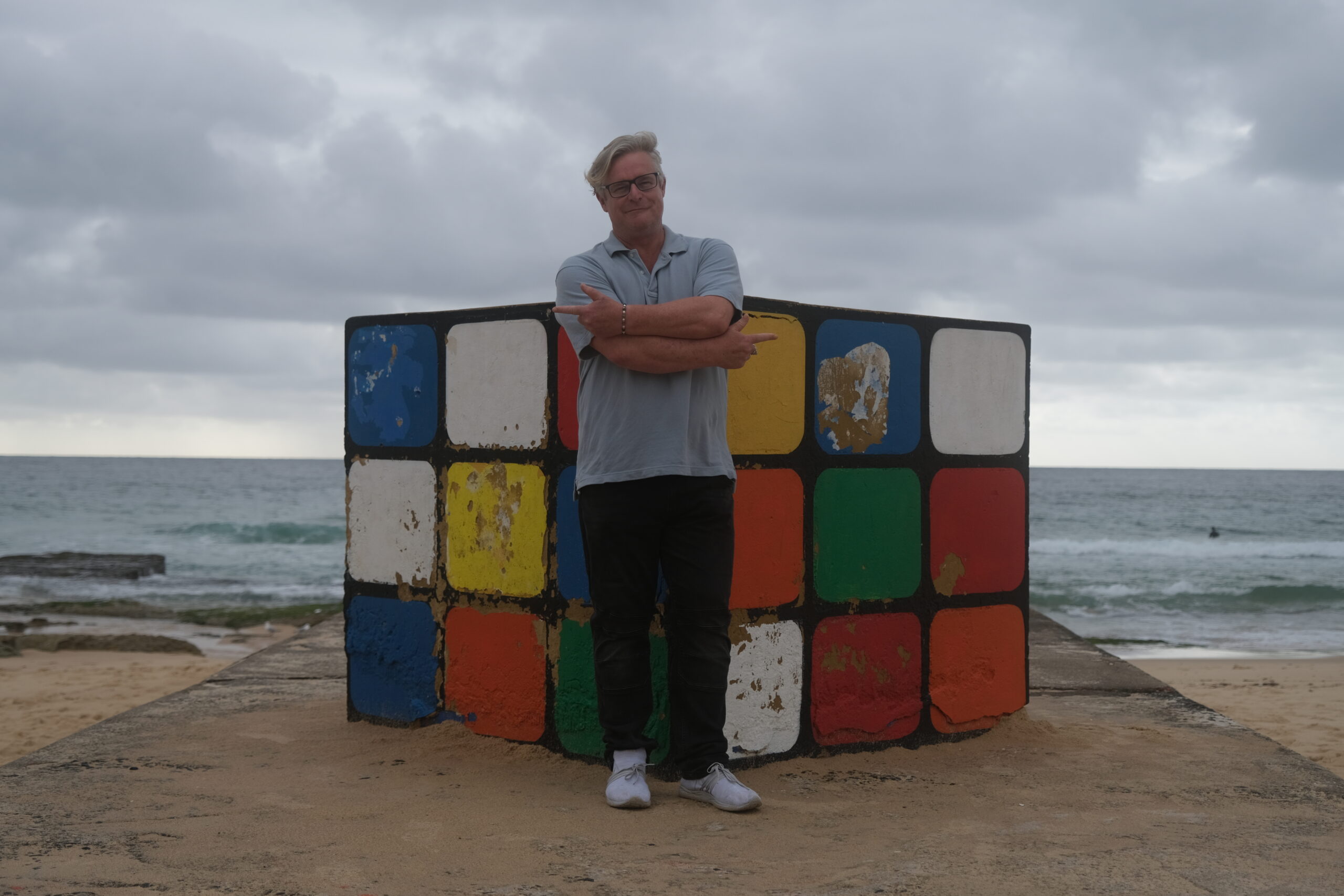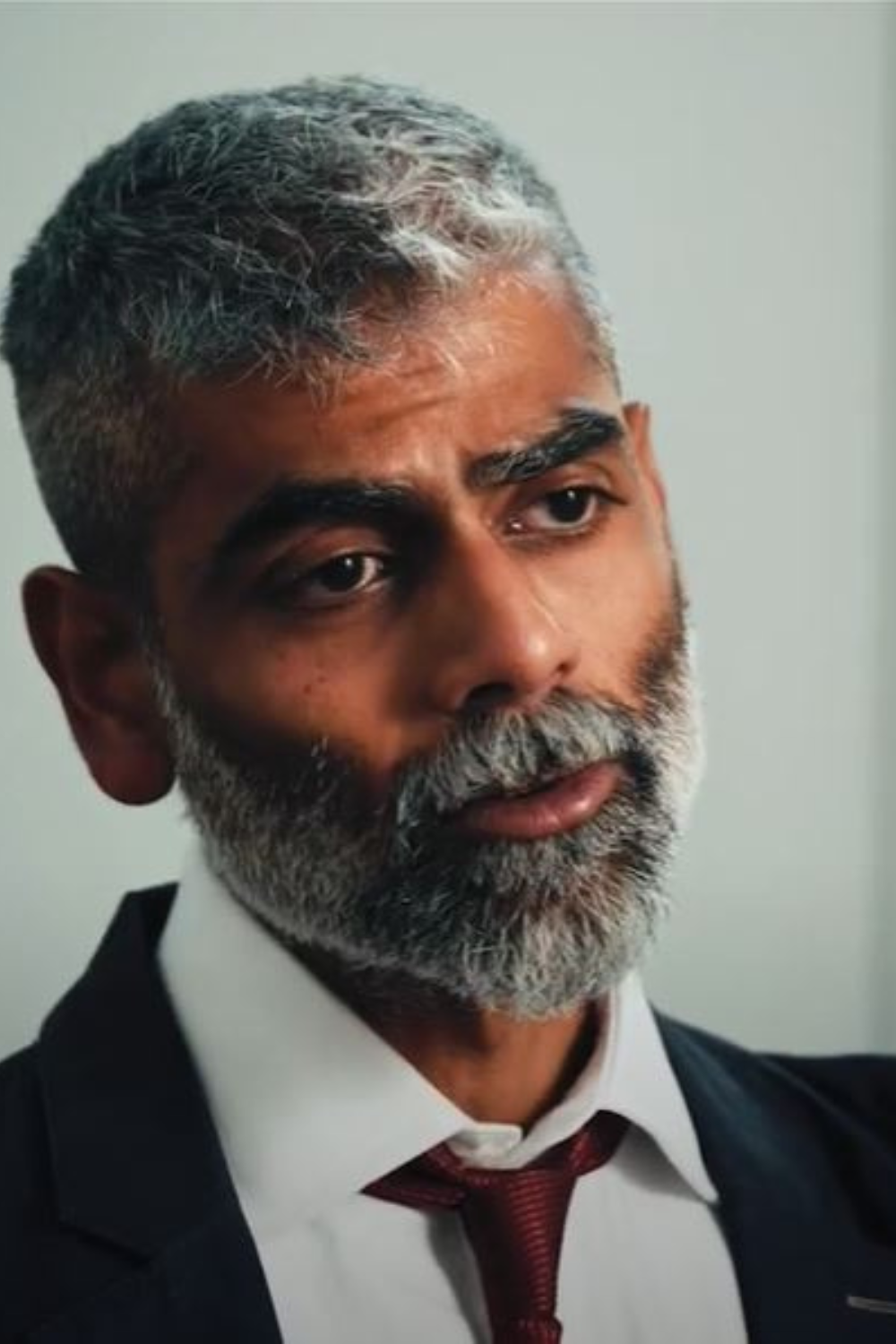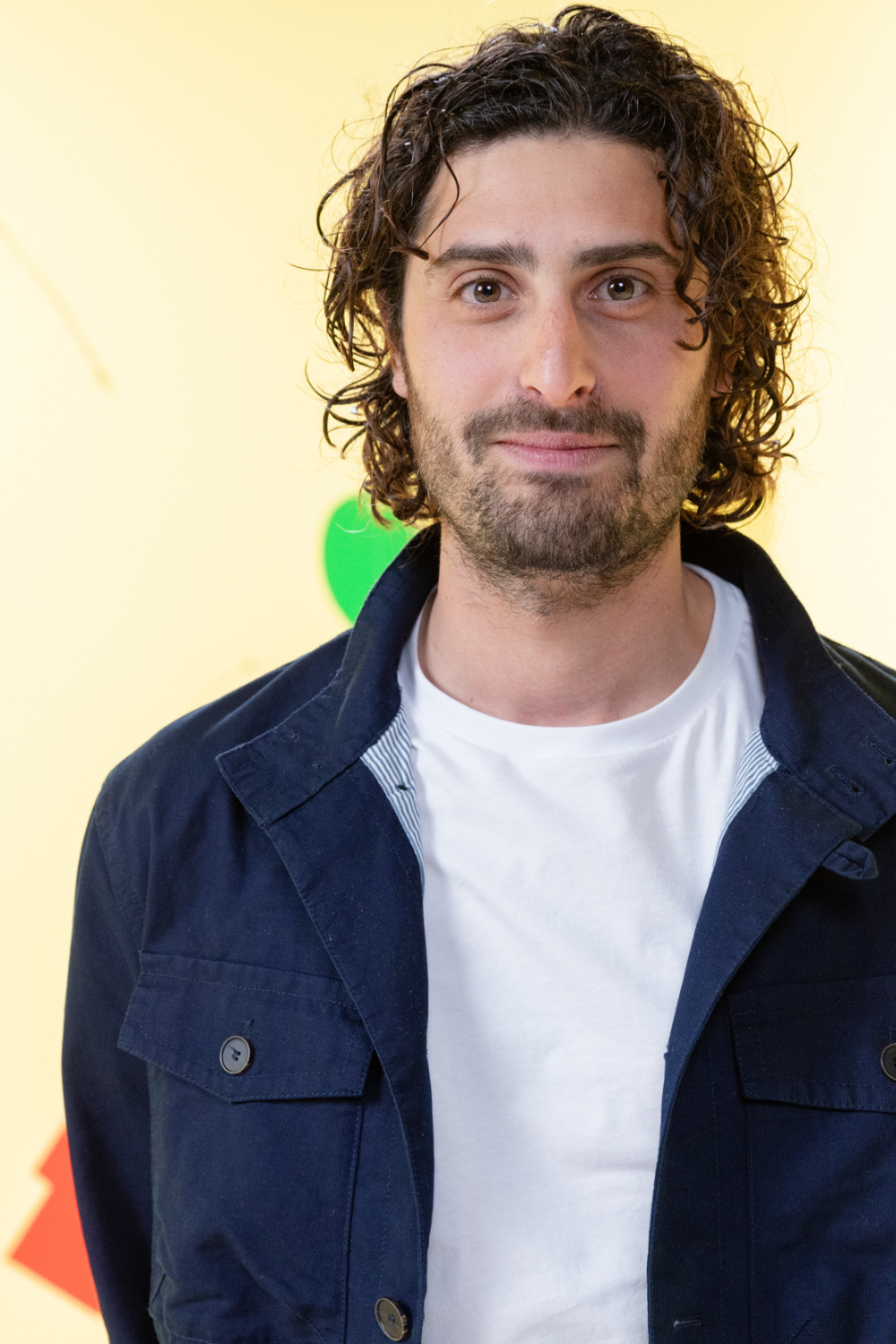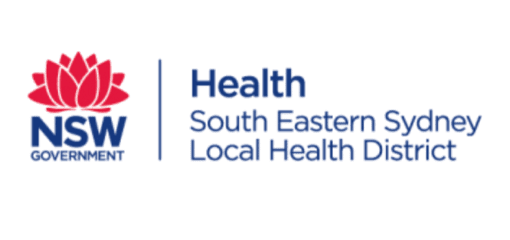Ben Steele grew up in the Illawarra and Southern Highlands, on farms with lots of open space, fresh air and an active lifestyle. Then, following a business degree, he launched into a very different world as a sales representative in the construction and steel manufacturing industries.
Progressing swiftly up the corporate ladder of the early 2000s, in no time at all Ben was handling major corporate accounts, with all the hospitality that goes with them.
“There was a lot of wining and dining back in those days and a lot of traveling the state and country, doing what it took to do the deals,” he says now. Corporate boxes at the cricket, football and motor sports meant there was rarely much down-time.
“On reflection substance use – namely alcohol – was a repetitive pattern and it became problematic in my case,” says Ben. “All the stress and pressures of work were a catalyst to more misuse, and that was just Monday to Friday. Then on the weekend I had my own social stuff on. It felt like a conveyor belt.” Ben’s mental health and family life were badly impacted until he stepped back from that work and sought out treatment.
Since 2013, Ben has worked as a mental health and drug and alcohol consumer representative and peer worker, including as the co-chair of the Ministry of Health Centre for Alcohol and other Drugs Consumer Reference Committee. He also works in consumer and clinician education and research.
With Mindgardens, Ben is using what he has learned through his own experiences to help redesign support systems so they respond more effectively to people in similar situations. He is currently working alongside Professor Nick Lintzeris, Director of Drug and Alcohol Services in the South East Sydney Local Health District, and Mike Gatsi, the Service Director for Eastern Suburbs Mental Health, in a Mindgardens research project to work out how to break down the artificial boundary between treatment services for mental health and those focused on drug and alcohol use.
Dealing with parallel systems or silos can be overwhelming, Ben says. “You have to do all the intake processes twice and then start talking to different counsellors or doctors and retelling your story in duplicate. That’s very difficult for people who are already in a hard place in their lives.
“I obviously see things through a consumer lens, and I give perspectives from that knowledge base about how to get the systems working together, and eliminate inefficiencies. It’s not rocket science but the wheel turns slowly, and it’s rewarding to improve services for people who are now where I used to be.”
Brings together the strengths of four founding organisations











